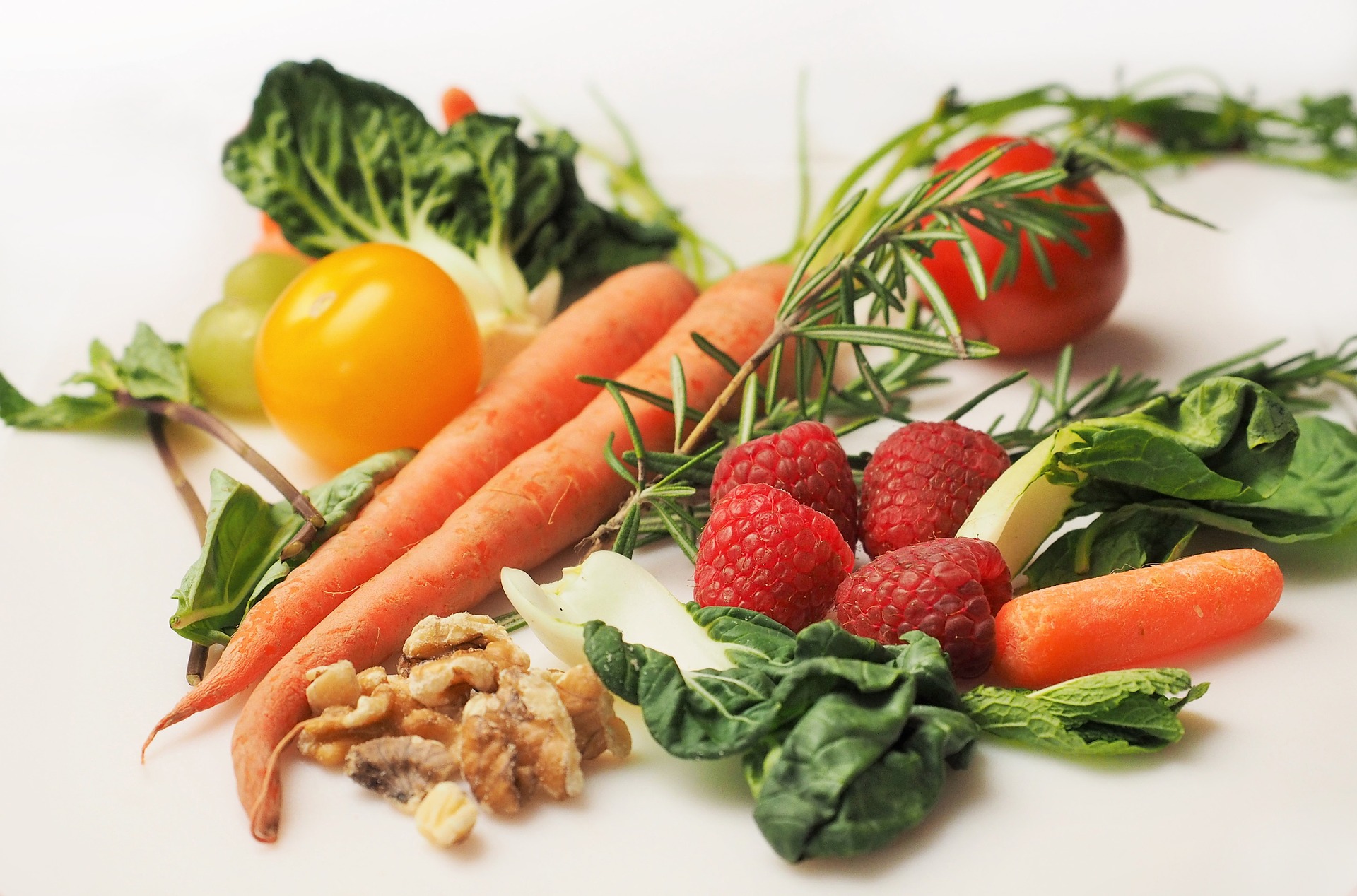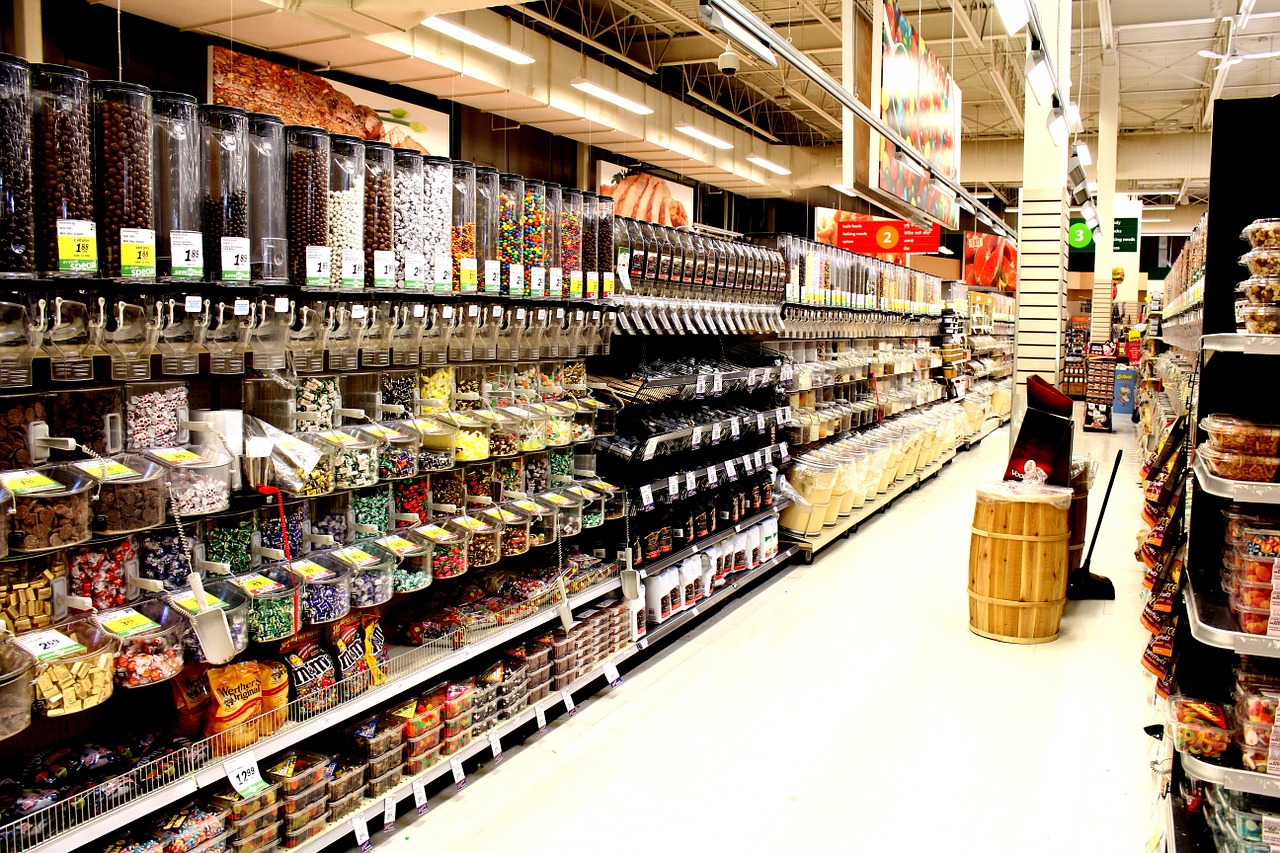
Dear Eartha, I’d like to lead a zero waste life, but there is so much information out there I am not sure where to begin. Can you provide some tips to get started?
I’m so excited you’re ready to make some easy lifestyle changes. The first thing you need to do is define what the term “zero waste” means to you.
What is zero waste?
A zero waste lifestyle can mean a lot of things to a lot of people. For most of us, a zero waste lifestyle includes purchasing products that are local, contain minimal packaging, are used or refurbished, and can be reused or repurposed.
Eliminating all waste is almost impossible but reducing waste where you can is the underlying philosophy of a zero waste lifestyle. The mantra – Refuse, Reduce, Reuse, Recycle – can help you stay on track when considering what to buy. Here are three easy steps to get you started on a path towards a zero waste life.
Step 1: Plan a home waste audit

Start with a home waste audit to establish a baseline of the trash you create. Once your trash and recycling bins are full, you can visually inspect the bins to see what’s in your waste. This will help you identify what you can replace with bulk items, homemade products, and durable products.
If you don’t compost, you may find that your waste stream is composed of mostly food scraps. The EPA estimates that 22% of the trash from an average household is food. Composting your food waste is one action that results in huge progress towards zero waste.
You can either compost at home or, if your community has a food scrap recycling program like the one here in Summit County, you can sign up for that instead. Simply using a container on your counter or under your sink to collect food scraps makes it easy and convenient to keep that food out of your waste stream and the landfill. Check out High Country Conservation Center’s local food scrap recycling program.
Step 2: Think ahead
Think about your weekly schedule and habits. Where do you get your coffee fix? Do you go out for meals during the week? How does your workplace support your zero waste lifestyle? Come up with zero waste solutions for each activity ahead of time so you don’t have any surprises that leave you with unwanted waste.
You don’t need to carry around a zero waste emergency kit but with a little planning you can reduce the waste you create outside your home.

Step 3: How to buy
As you adjust your purchasing practices you may notice higher initial costs of transitioning to a zero waste lifestyle. These costs will balance out as you save more money over time by using durable goods and buying in bulk. Sprouts Farmers Market found that pre-portioned food in disposable packaging costs on average 15% more than the same bulk items.
When it comes to food, buying in bulk will have the biggest impact on reducing packaging waste. Take reusable bags to purchase your bulk food items and make sure you have storage containers for your bulk food at home.
For clothes and other hard goods, you should always buy secondhand before buying new. Buying used saves the resources required to produce the same product from scratch.
A zero waste lifestyle will eliminate most impulse purchases as you have to plan ahead for what you buy. Your spending habits will ultimately change as you find yourself avoiding certain purchases all together because of the waste that is created.
Transitioning to a zero waste lifestyle is a journey that will evolve as you do. Use these tips to get started and you will be well on your way to a life with less waste. For more resources on going zero waste visit HighCountryConservation.org.
